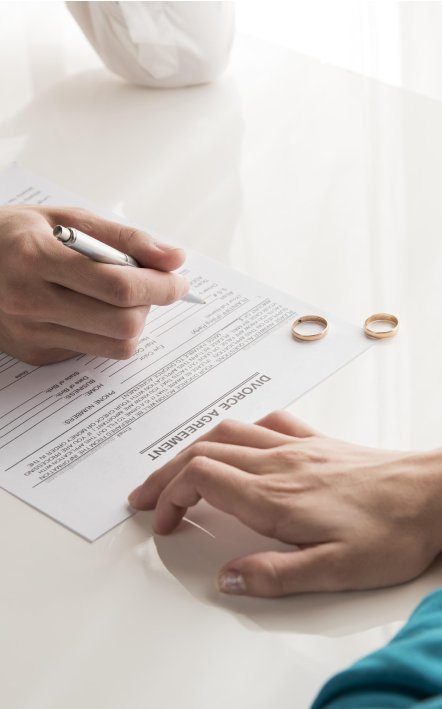If you are a foreigner planning to marry in Spain, it is essential to understand how your capacity to marry is determined. According to Article 9.1 of the Spanish Civil Code, your capacity is subject to the law of your country of origin.
Although your capacity is governed by your national law, in aspects such as consent, Spanish public policy plays a prominent role. This means that there are important rules you must follow in order to get married in Spain.
For example, Articles 46 and 47 of the Civil Code are mandatory. This means that you cannot get married in our country if you are currently married in your home country, even if its legislation allows it (such as in cases of polygamy).
The aforementioned 1997 ruling lists the factors that may allow a marriage to be presumed to be fraudulent, such as not maintaining a common life, not knowing personal data or life circumstances of the spouse, among others.
Since the right to marry is a fundamental right, a marriage can only be declared void if the authority making the declaration has clear and convincing evidence that the consent was vitiated.





